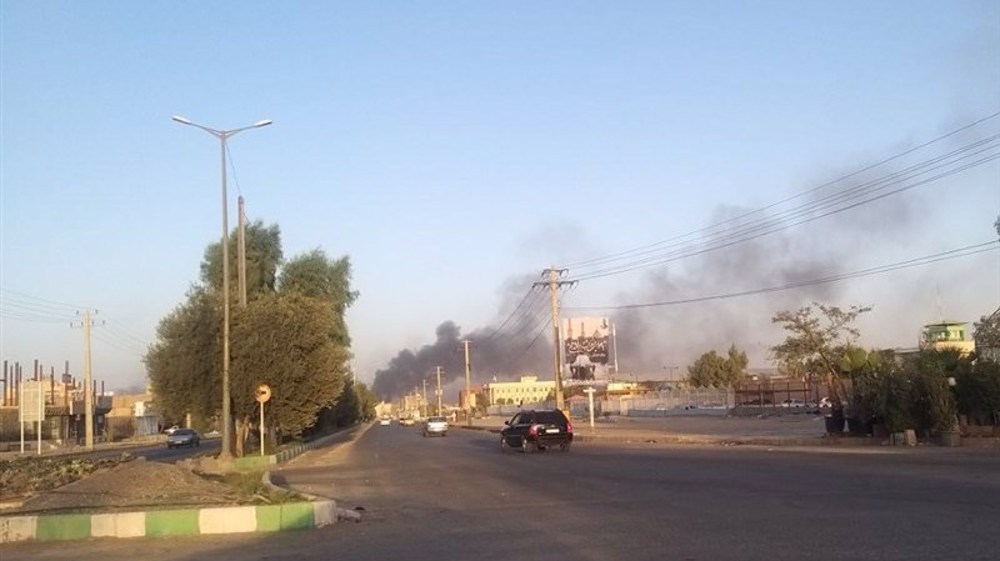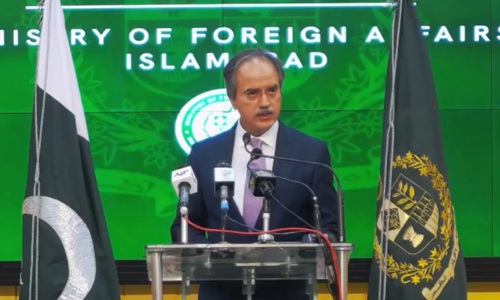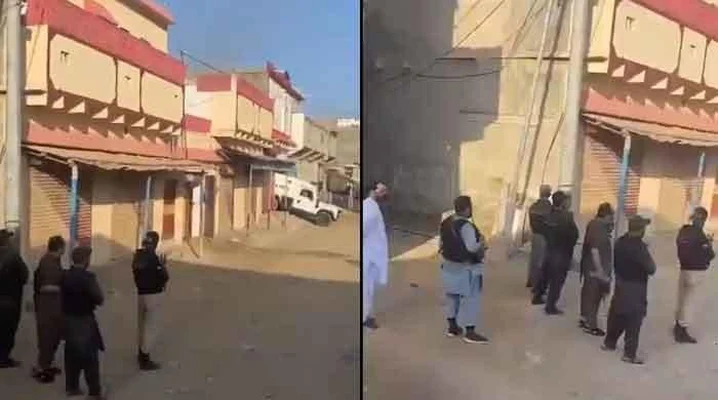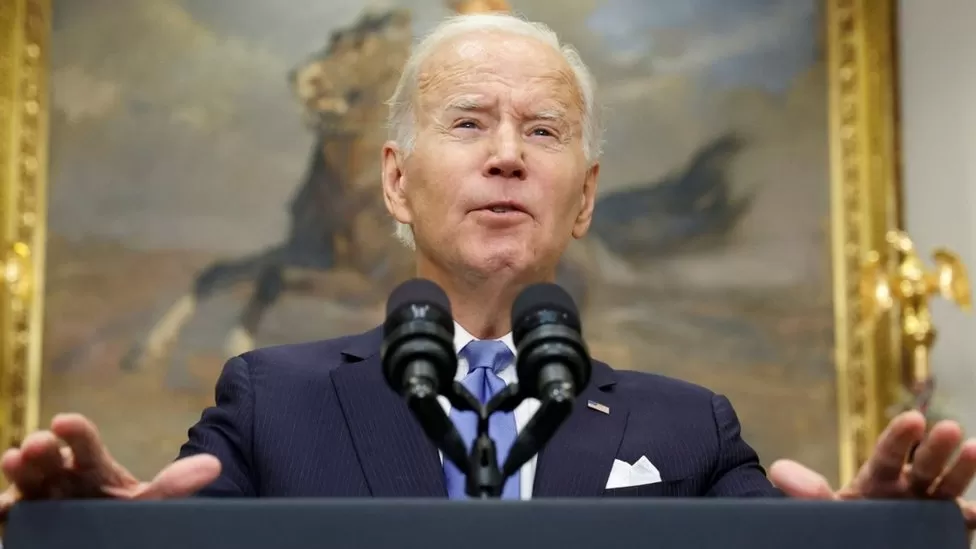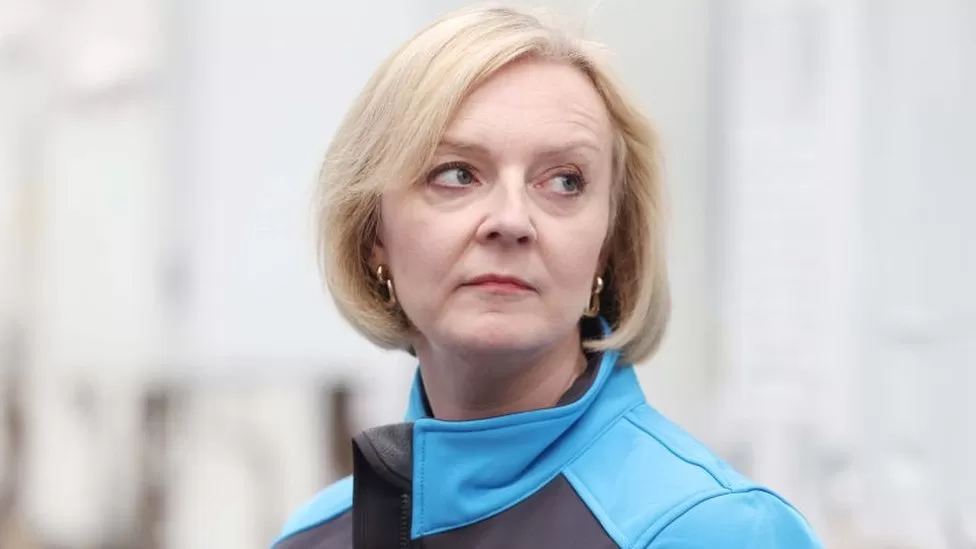The views were expressed by Foreign Office Spokesperson Asim Iftikhar at the weekly media briefing here on Friday, in response to a question regarding the statement of Sher Abbas Stanikzai, a week after PM Shehbaz Sharif shared the concern of the international community regarding threats posed by terrorist groups operating from the neighbouring country, during an address to the UN General Assembly.
The PM’s speech, however provoked a sharp rebuke from the Taliban, with Stanikzai claiming on Sept 27 that Islamabad was “receiving millions of dollars” from Washington to allow American drones to conduct flights over Afghanistan.
“How long can we tolerate this?” he asked a gathering in Kabul. “If we rise against this, no one will be able to stop us.”
Jauhar given ‘look after’ charge of foreign ministry
In response to the question about his comment, the FO spokesman said: “This is very unfortunate and unacceptable. We have noted with concern, these recent remarks. We consider such statements as against the spirit of friendly relations between our two brotherly countries. Pakistan’s role in facilitating peace in Afghanistan, and our efforts to strengthen bilateral ties are well known, and they are acknowledged widely.”
“We believe that for the success of positive engagement, it is important that the interim Afghan authorities take necessary steps to address international expectations and concerns. For its part, Pakistan will continue to pursue positive engagement with Afghanistan for peace, prosperity, and progress of the two countries and the wider region.”
About the accusation of interference in Afghanistan’s internal issues, the FO spokesman said, “Obviously there is no interference in Afghanistan’s internal affairs. To the contrary, our Afghan friends are well aware of Pakistan’s support and advocacy for Afghanistan, for the international community to engage positively and constructively with Afghanistan, given the serious challenges, the economic situation and the humanitarian situation that is faced by the Afghan people.
‘Look after’ charge
Meanwhile, the government on Friday assigned Special Secretary Ministry of Foreign Affairs Jauhar Saleem to “look after” the responsibilities of foreign secretary. “Mr Jauhar Saleem, a BS-22 officer of Foreign Service of Pakistan, presently posted as Special Secretary Europe, is assigned look after charge of the post of Secretary, Foreign Affairs Division, in addition to his own duties, with immediate effect and until further order,” a notification issued by Establishment Division read.
Interestingly, Establishment Division had through an office memorandum dated April 9, 2021, which then was circulated among all ministries and divisions, stated that “there is no provision of look after charge in Civil Servants Act, 1973 and Rules made thereunder.”
An officer, it had clarified, can only be deputed to take care of the work of another post pertaining to ministry/division’s day to day affairs of urgent and routine nature through an internal arrangement.
This arrangement is temporary and the person given such a charge is not given full decision making, financial, and legal powers vested in that office.
Earlier in the day it was rumoured that Mr Saleem had been given acting charge, which is technically different from ‘look after’ charge.
While Sohail Mahmood, the previous foreign secretary, retired on Thursday, the government has not named a full-time successor as yet.The government, according to sources, had planned to appoint Amb Asad Majeed Khan, currently ambassador to Belgium, the EU and Luxembourg. He had reportedly been called back to Islamabad to replace Mr Mahmood.
However, recent audio leaks have upset the planned transition as there are indications that the government may open a probe into the cable sent by Amb Khan, as the then envoy to the US, on his farewell meeting with Assistant Secretary of State Donald Lu.
Following the leaks, the government seems interested in investigating Mr Khan’s role in allegedly manipulating the diplomatic cable for political purposes. If the probe starts, Amb Khan would have to be investigated also.



